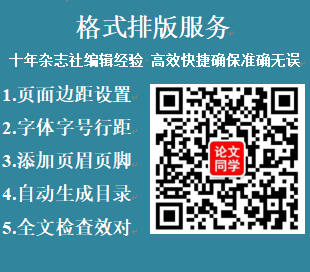| 电气工程 会计论文 金融论文 国际贸易 财务管理 人力资源 学前教育 德语论文 工程管理 文化产业
工商管理
会计专业
行政管理
广告学
机械设计 汉语文学 英语论文 物流论文 电子商务 法律论文 工商管理 旅游管理 市场营销 药学论文 播音主持 人力资源 金融论文 保险学 制药工程 生物工程 包装工程 模具设计 测控专业 工业工程 教育管理 行政管理 计算机论 电子信息 市场营销 法学论文 财务管理 投资学 体育教育 小学教育 印刷工程 土木工程 书法论文 护理论文 心理学论 信息管理 公共事业 给水排水 新闻专业 摄影专业 广电编导 经济学 |
|
|
|
|




